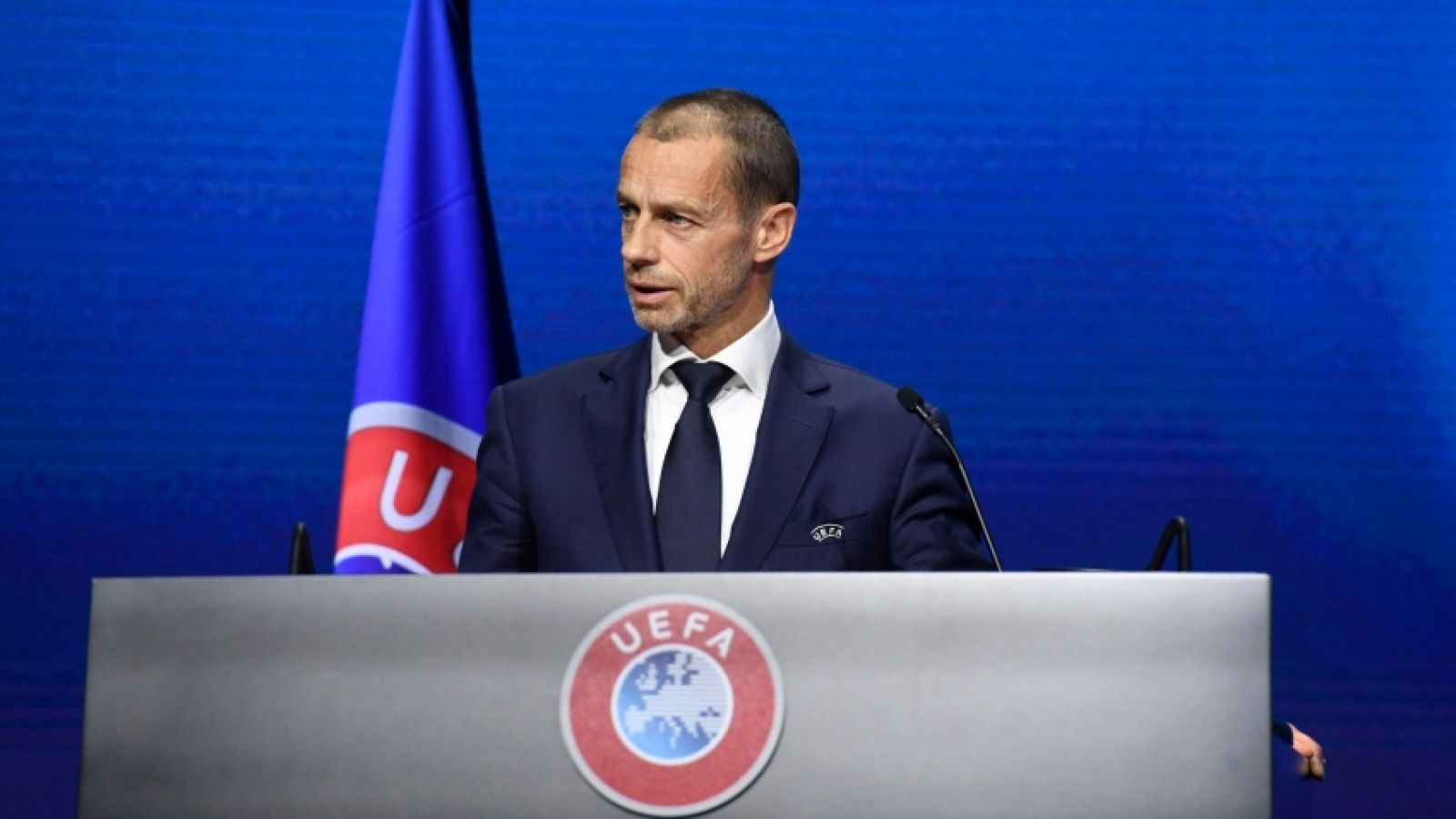
UEFA president Aleksander Ceferin has reiterated his opposition to FIFA's biennial World Cup plans as he believes the proposal will fail as "it's simply a bad idea".
FIFA, led by chief of global football development Arsene Wenger, has been promoting the idea for the World Cup to shift format and take place every two years.
FIFA reported to its member associations at their global summit on 20 December that the changes would make football $4.4billion richer over the first four-year cycle.
That figure would then climb to $6.6billion, according to FIFA president Gianni Infantino, if each confederation also switches its regional competition to become biennial, while FIFA claimed its members were largely in support of the plans.
But UEFA, along with South America's CONMEBOL, continue in their staunch opposition to the proposed alterations to world football's showpiece event.
"Europe and South America are against [the plan] and those are the only [continents with] World Cup winners in history," Ceferin told reporters at the Expo 2020 Dubai Fair on Thursday.
"The problem is that the World Cup has to be every four years to be interesting.
"Second, if it would be every two years, it would cannibalise women's football because it would be at the same year as the women's football [World Cup', other sports, the Olympic Games - many mistakes.
"It's simply a bad idea and it will not happen because it is a bad idea, not because we are opposing it."
Ceferin's comments come after the two governing bodies clashed ahead of FIFA holding its global summit with national associations earlier in December.
FIFA published results from a study that claimed the majority of football fans would like to see more frequent World Cups. UEFA, however, said an independent survey called proposals "alarming" just hours before.
The International Olympic Committee (IOC) is also part of a growing list of opposition, which includes Kylian Mbappe and Robert Lewandowski after the pair raised concerns earlier in the week, all of whom fear the impact of the changes on the world's sporting calendar.
"Why are the Olympic Games every four years? Because it's an event that you have to look forward [to], that you have to wait [for], and you have to enjoy it," Ceferin added.
